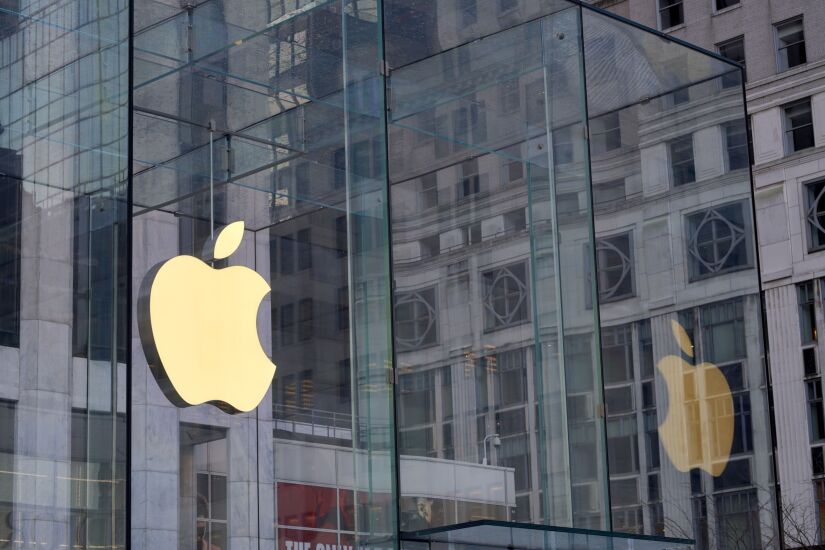Want unlimited access to top ideas and insights?
During any kind of social or political overhaul, banks must consider the impact. With a number of recent issues such as climate change, gun control legislation and most recently the overturning of Roe v. Wade, the banking industry has no shortage of issues on its plate to address.
Read more about how recent social and political issues are impacting the banking industry in our roundup.












